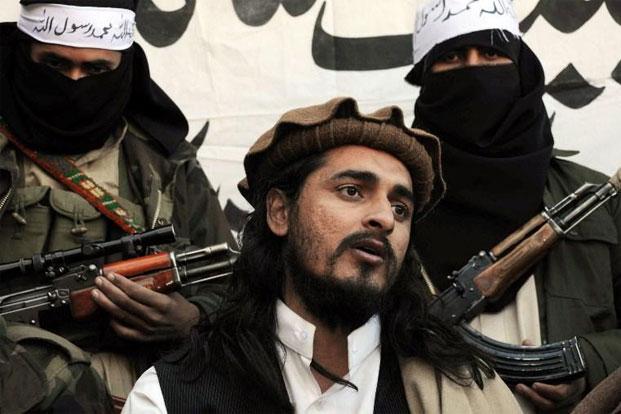
Pakistan Taliban demand prisoner release as condition for talks – sources

ISLAMABAD (Reuters) – The Pakistani Taliban have demanded that the government of Pakistan release a number of prisoners as a condition for talks aimed at laying the ground for full ceasefire negotiations, multiple sources in the group said.
The Pakistani Taliban, also known as Tehrik-i Taliban Pakistan or TTP and separate from the Afghan Taliban, have had two rounds of preliminary talks, facilitated by the Afghan Taliban, a commander based in the Afghan province of Kunar said. Sources close to the matter said Sirajuddin Haqqani, the head of the Haqqani Network and the current Afghan Taliban interior minister, was helping the talks.
The TTP, which combines a number of jihadi and militant groups that have been fighting the government of Pakistan since 2007, is included on the U.S. State Department’s list of foreign terrorist organisations. Last month Prime Minister Imran Khan told Turkey’s TRT television that his government was in talks with parts of the TTP as part of a “reconciliation process”.
The release of the prisoners is meant to be a confidence-building measure, three TTP commanders said, adding that the outcome of the talks was still uncertain. “We aren’t too hopeful of the immediate results of the talks but our leaders had demanded the release of prisoners if they are sincere in meaningful negotiations,” a TTP commander told Reuters from Afghanistan’s Kunar province.
No comment was available from the Pakistani government. The interior ministry, foreign ministry and the ISPR, the armed forces communications wing, did not respond to emailed requests for comment.
According to negotiators, the two sides agreed not to issue statements either supporting or opposing the peace process or against each other till the accord is signed and made public. TTP spokesman Muhammad Khurasani said in a text message the group had “never refused meaningful talks” but that there were no developments on the ground yet. TTP attacks have killed and wounded thousands of civilians and Pakistani service personnel over the years but the group was badly weakened by the Pakistan military’s Zarb-e-Azb operation in 2014 which drove it from its stronghold in North Waziristan.
However it has a force estimated at around 4,000-5,000 fighters, many based across the border in Afghanistan, and there has been a spate of incidents along the border since the Afghan Taliban seized Kabul in August. Under the previous Western-backed government in Kabul, both Afghanistan and Pakistan accused each other of harbouring militant groups that mounted cross-border attacks.
Another Pakistani Taliban commander said the TTP leadership had consulted all factions in the movement, some of which had serious reservations about talking to the Pakistani government, but he said many ordinary fighters wanted to go home.

















POST COMMENTS (0)